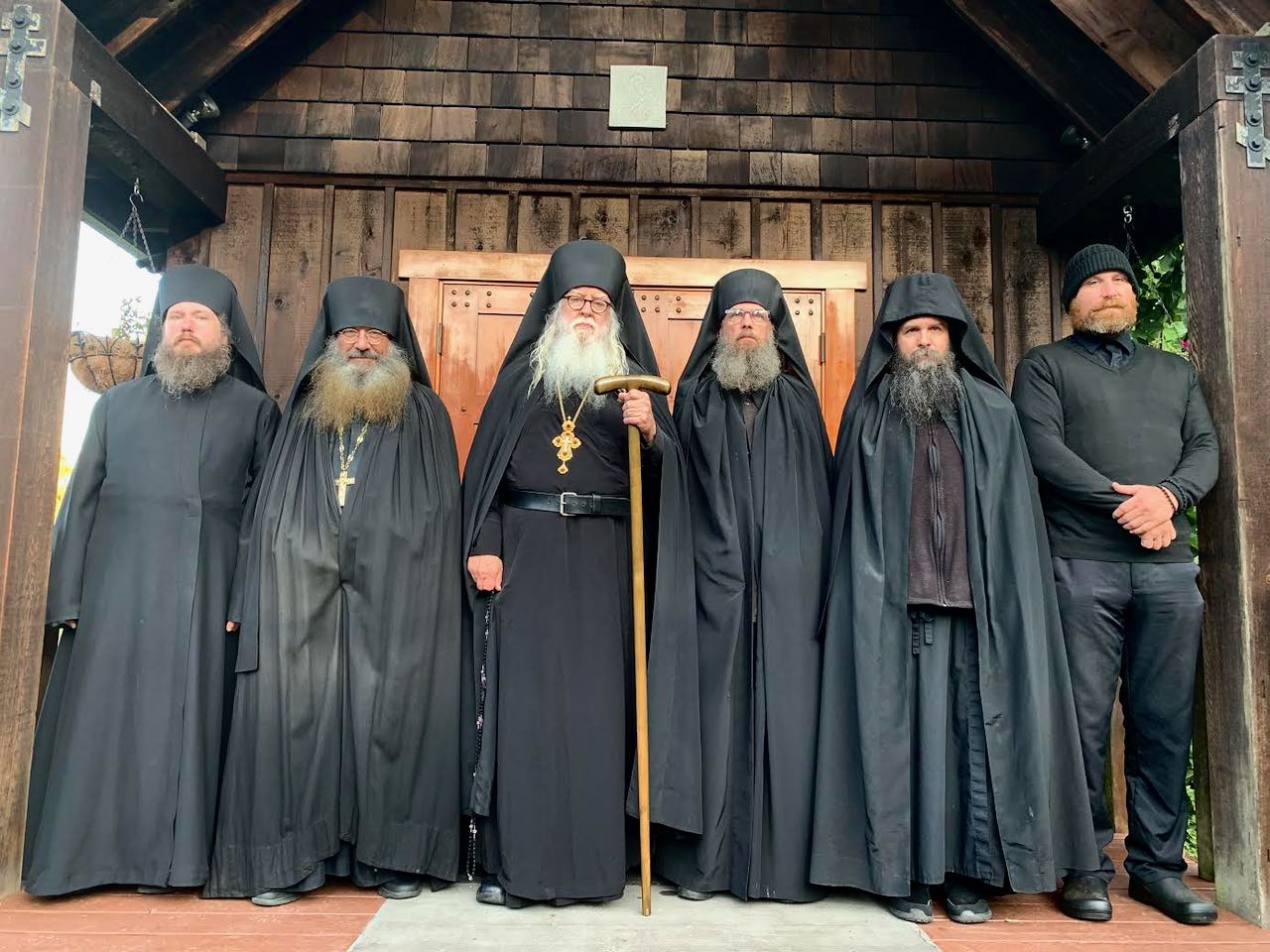For by seed here He means His doctrine, and by land, the souls of men, and by the sower, Himself .... For as the sower makes no distinction in the land submitted to him, but simply and indifferently casts his seed; so He Himself too makes no distinction of rich and poor, of wise and unwise, of slothful or diligent, of brave or cowardly; but He discourses unto all, fulfilling His part, although foreknowing the results.
St. John Chrysostom
Homily 44 on Matthew 12, 4th Century
When you see life's pleasures, beware that they might not distract you, for they conceal death's snares. Likewise a fisherman casts not his hook to no purpose. As bait for his hook, the enemy uses the delusion of sensuality to arouse desire, that he might thereby catch men's souls and subject them to himself. A soul which has been caught to serve the enemy's will then serves as a snare for other souls, for it conceals the grief of sin with its apparent delight.
St. Ephraim the Syrian
A Spiritual Psalter no 43, pg. 74, 4th century
His is truly the Sower of all that is good, and we are His farm. The whole harvest of spiritual fruits is by Him and from Him. He taught us this when He said, 'Without me you can do nothing.'
St. Cyril of Alexandria
Commentary on Luke, Homily 41. Taken from: Ancient Christian Commentary on Scripture. Vol: Luke. Downer's Grove: Intervarsity Press, 132.
Since there are certain people who find great fault with us for adoring and honoring both the image of the Savior and that of our Lady, as well as those of the rest of the saints and servants of Christ, let them hear how from the beginning God made man to His own image. For what reason, then, do we adore one another, except because we have been made to the image of God? As the inspired Basil, who is deeply learned in theology, says: "the honor paid to the image conveys to the original.," and the original is the thing imaged from which the copy is made.
St. John of Damascus
The Orthodox Faith, 4.16. Catholic University of America Press in Washington D.C. Translated by Frederic H. Chase, Jr. volume 37, page 370., 8th Century



